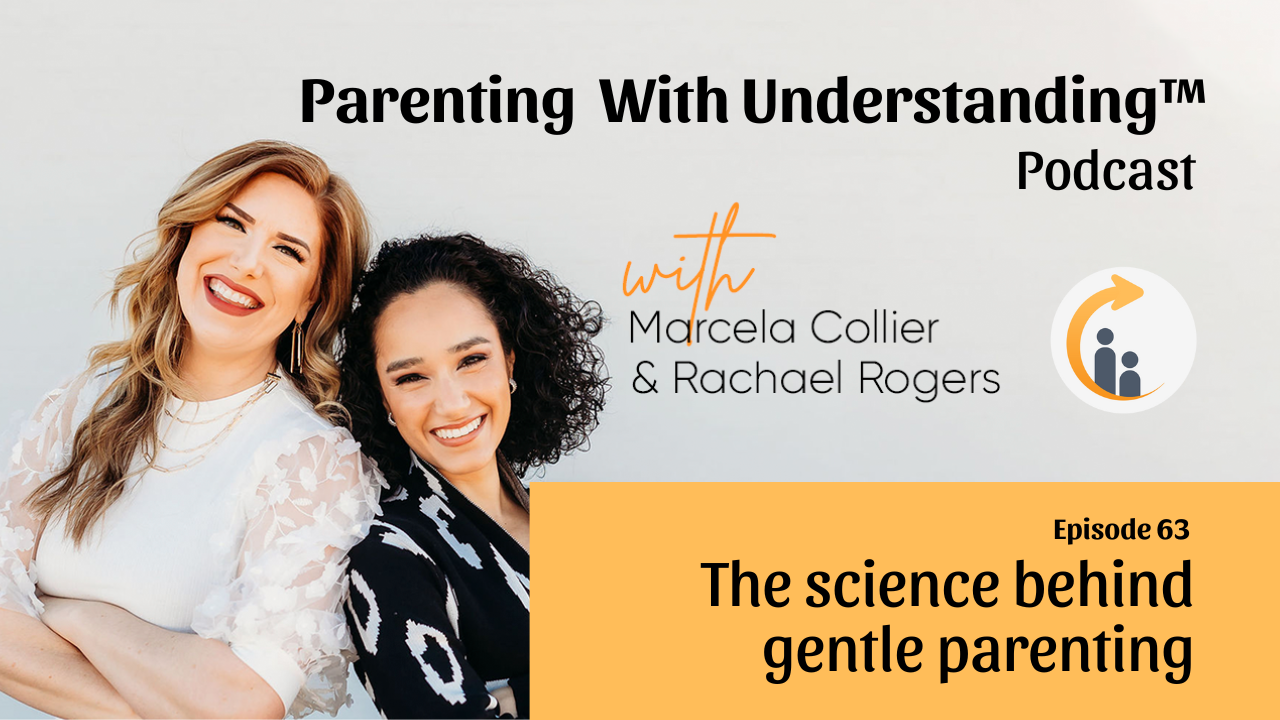Epi #63. The science behind gentle parenting
Jun 06, 2023
🌷 Hello, Cycle Breakers! Today's episode, The science behind gentle parenting
Welcome to another enlightening episode of Parenting with Understanding. We are diving deep into the fascinating world of gentle parenting and the science behind it. We'll explore how attachment science, brain development, and nervous system science contribute to creating nurturing and supportive environments for our children. So, let's get started!
1. Attachment science is a crucial foundation of gentle parenting. It helps us understand the importance of secure emotional bonds between children and their caregivers. So, what does attachment science tell us?
Research in attachment science has shown that secure attachments between caregivers and children form the basis for healthy emotional and social development. Securely attached children tend to have higher self-esteem, better emotional regulation, and stronger relationships later in life. Let's explore an example to understand this concept better:
Imagine a baby crying in their crib. In a gentle parenting approach, a caregiver would respond promptly and empathetically, meeting the baby's needs for comfort and connection. This consistent response builds trust and security, strengthening the child's and caregiver's attachment bond. Over time, this secure attachment fosters a sense of safety and allows the child to explore the world confidently.
2. The Developing Brain
Understanding brain development is another crucial aspect of gentle parenting. Our children's brains constantly grow and change, shaping their behaviors, emotions, and overall well-being. How does brain development relate to peaceful parenting?
3. The Role of Neural Connections
Early childhood brain forms neural connections at an astonishing rate. Experiences, interactions, and the environment influence these connections. Gentle parenting practices help shape healthy neural connections. Let's delve into an example:
Positive and responsive interactions, such as engaging in a gentle touch, maintaining eye contact, and using a soothing tone of voice, stimulate the release of oxytocin and promote the development of neural pathways associated with emotional regulation and social connection. By providing these nurturing experiences, we actively support our children's brain development and help them build a strong foundation for emotional well-being.
4. The Nervous System Science
Understanding the nervous system science can further enhance our approach to gentle parenting. Our children's nervous systems significantly affect their responses to stress, emotions, and overall regulation. How can we apply this knowledge to create a supportive environment?
5. Co-Regulation and Self-Regulation
Co-regulation and self-regulation are critical concepts in nervous system science. In contrast, self-regulation refers to a child's ability to self-regulate independently. Let's see an example:
Example. Picture a toddler having a meltdown in a crowded supermarket. A gentle parent would approach the situation with empathy and understanding. They might calmly hold the child, offering soothing words and validating emotions. This supportive co-regulation helps the child calm down and learn self-regulation skills.
6. Modeling Emotional Regulation
As gentle parents, we can model emotional regulation for our children. By healthily managing our own emotions, we can teach them valuable skills. Suppose you're feeling overwhelmed by a stressful situation. Instead of reacting impulsively, take a moment to practice self-regulation techniques such as deep breathing or taking a short break to gather your thoughts. By modeling these techniques, you show your children that emotions can be managed calmly and constructively.
Tap Here to Apply for the Parenting With Understanding™ Coaching Program



